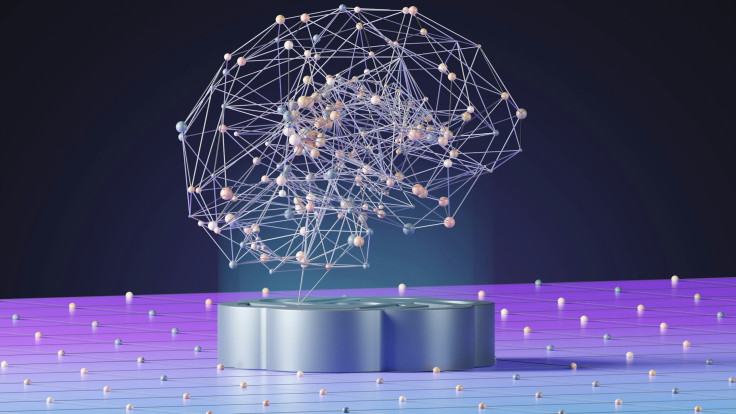Forget 9-to-5: Silicon Valley's '0-0-2' Work Culture Is America's Answer to China's Notorious 996

A new work ethic is taking root in Silicon Valley's AI labs, one that makes even China's notorious '996' (9 am to 9 pm, six days a week) look tame.
Start-up founders and engineers now joke about '0-0-2'—working around the clock from midnight to midnight with only two hours of weekend downtime.
Behind the punchline lies a profound shift. As competition in artificial intelligence intensifies, elite teams at major AI firms are logging 80–100-hour weeks, living near their desks and treating model training like wartime mobilisation.
The phrase '0-0-2' surfaced as reporters documented how core AI teams now work around the clock during model training runs, product launches and red-line debugging. Employees live near their desks, companies staff 24/7, and executives refer to weekend schedules that leave only a two-hour respite: '0-0-2'.
'0-0-2': The Silicon Valley Spin on China's 996
Much like China's 996, this American variant glorifies speed, ambition, and sacrifice. Start-ups reward long hours with stock options, promotions, or the promise of a breakthrough. Some CEOs describe it as a 'necessary sprint' to stay ahead in the global AI arms race.
But unlike in China, where labour laws were often ignored, US companies face a tangle of legal and ethical constraints. Class-action lawsuits, overtime rules, and whistleblower protections theoretically limit overwork. Yet insiders say tech's culture of 'voluntary devotion' blurs the line between choice and coercion.
'No one tells you to stay,' one engineer told Wired. 'But if you leave before midnight, you're not seen as serious.'
The Human Cost of Constant Hustle
While the rewards can be immense, the toll is growing. Researchers and legal experts warn that chronic overwork is driving burnout and mental-health crises similar to those seen in China's 996 era, when overexertion and exhaustion were linked to multiple deaths.
American labour advocates argue the '0-0-2' model widens inequality, favouring young, unattached workers who can live on-site. Parents, carers, and those unwilling to sacrifice personal life are often excluded from the most lucrative AI roles.
Legal Grey Zones and Corporate Liability
Though many AI engineers are salaried and classified as exempt, US labour law still prohibits employers from requiring unpaid overtime. Some start-ups attempt to sidestep regulation by labelling extended work as 'crunch time' or offering temporary bonus pay.
Employment attorneys caution that these practices could invite litigation if they become systemic. 'Companies that normalise 100-hour weeks without compensation are taking a legal gamble,' warned one San Francisco labour lawyer.
Who Gets Left Behind?
The culture's intensity also raises questions of diversity and sustainability. Reports suggest that relentless scheduling disproportionately disadvantages women, parents, and anyone unable to live in proximity to Silicon Valley's high-cost tech hubs.
The result, critics say, is a narrowing of the industry's talent pipeline, fewer mid-career professionals, more burnout among younger recruits, and a growing class divide between those who can endure the grind and those who can't.
Pushback and Resistance
In China, the anti-996 campaign galvanised workers through social media and GitHub. In the US, a similar backlash may be brewing. Union drives at Amazon and Google, coupled with renewed scrutiny of AI firms' labour practices, signal rising resistance.
'It's not a joke anymore,' said a tech analyst. '0-0-2 symbolises Silicon Valley's addiction to speed, and the human limits that come with it.'
Whether this ultra-intense work model endures or burns itself out, one thing is clear: the race to dominate AI is transforming not only technology, but the very definition of work itself.
© Copyright IBTimes 2025. All rights reserved.





















